
While Slow Coming Day went their separate ways over a decade ago, its members never turned their backs on music. Lead singer and guitarist Orion Walsh has enjoyed a successful solo career in the interim, releasing seven albums under his own name, while the rest of the band have all kept music in their lives in one form or another.
Following a reunion performance at last year’s Joshua Fest in California, Walsh and his bandmates decided to come together to create new music. The result is the album “1000 Years (Like a Day),” which they wrote and recorded separately while tele-creating from different locations around the country.
We recently sat down with Walsh to discuss creative expectations, the future of band assembly, and why overthinking a song can hurt the end result.
TrunkSpace: Your upcoming album “1000 Years (Like a Day)” is your first recorded music in over a decade. As you gear up to release it to the world, what kind of emotions are you juggling with?
Walsh: It is Slow Coming Day’s first recorded music in over a decade, it’s true, but I’ve actually been releasing solo records since the band broke up. I’ve released seven solo albums now to date in the 10 years or so since the band disband. Writing this style of music again definitely brought me back in time in a way. Whenever you release new music to the world there is always several emotions going through ones mind. For this release, we did it for fun, for the old fans, and to reminisce.
TrunkSpace: With such a large gap between “1000 Years (Like a Day)” and your previous album, is it hard not to put personal expectations on it? Is there a bit of a creative build-up that you feel is ready to burst on people?
Walsh: My personal expectations for this release are as simple as, “I expect people to hear the new music if they choose.” Hopefully it gives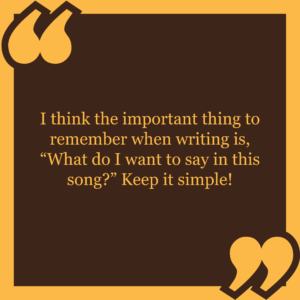 joy to others, to old fans and maybe some new ones. I personally enjoy this album much more than “Farewell to the Familiar” as it was done totally DIY ourselves and not with a producer, changing the music or telling us what to do.
joy to others, to old fans and maybe some new ones. I personally enjoy this album much more than “Farewell to the Familiar” as it was done totally DIY ourselves and not with a producer, changing the music or telling us what to do.
TrunkSpace: The album came together thanks in large part to technology. You would record something and then send it along to the rest of the band through email where they would then add their own creative two cents. How do you think the process itself directly impacted the songs? Do you think the end result would have been different if you were all in the same room together throughout the entire process?
Walsh: Sending the songs through email back and forth was a pretty painless process which allowed each person in the band to add their own parts on their own time. It all came together really well this way. Writing in this way is totally different than being all in the same room together, which, for us, is not really possible at the moment. Something totally different could have come out that way.
TrunkSpace: Each member of the band lives in different states and yet “1000 Years (Like a Day)” was finished. Do you think music is headed in the same direction as business with telecommuting? Is tele-songwriting the way of the future?
Walsh: Yes, absolutely.
TrunkSpace: What are you most proud of with the album?
Walsh: I am glad we were able to put this together with the constraints of living all in different states. I really enjoy “All Things New,” “First Sight,” and “Shoes, Ships, & Sealing Wax” as far as the songs go.
TrunkSpace: We read that this album was Slow Coming Day “coming out of retirement.” Did everyone continue to pursue music independently or was it a literal retirement from music as a whole for some of you? And, does this signal a new chapter in your musical journey?
Walsh: It’s true that this album is a “coming out of retirement” for the band, which was spawned out of a reunion show we did last year in California at Joshua Fest. We’ve stayed friends over the years. None of us “retired” from music. I don’t think that’s possible. I’ve been doing my solo career as a singer/songwriter for 10 years now. Matt (Bailey), the drummer plays music at his local church. Dave (Stoots) has played bass with several different groups over the years. Kevin (Michael) and Brandon (Queen), who contributed some songs for the album and live in LA, both have been active in different music projects over the past decade.
TrunkSpace: Can you envision a day when music is not a part of your life?
Walsh: No.
TrunkSpace: Is it possible to overthink a song? Can a songwriter tinker so much that the breath of the song gets choked out of it?
Walsh: Absolutely. In fact, I think that songwriters and producers alike can “choke” the life out of a song quite easily by overthinking the process, especially when recording it. I think the important thing to remember when writing is, “What do I want to say in this song?” Keep it simple!
TrunkSpace: Is there a particular feeling or vibe that you get when you know a song is officially finished? How do you know to step back and say, “I’ve done all that I can do here?”
Walsh: Yeah, usually there is a point in recording a song where you just “Let it be.” Finding that place is essential. We have a saying, which is, “next song.” Basically, don’t spend time overthinking a song. Record it to the best of your ability and move forward. So many bands and music projects break up or never finish the recording process because of overthinking or being too picky.
TrunkSpace: Time machine question. If you could just ahead 10 years and get a glimpse of what your musical journey looks like a decade from now, would you take that journey? If not, why?
Walsh: Yes, I would! That sounds intriguing! I’ve always been interested in time travel.
“1000 Years (Like a Day)” drops February 14 on Indie Vision Music.


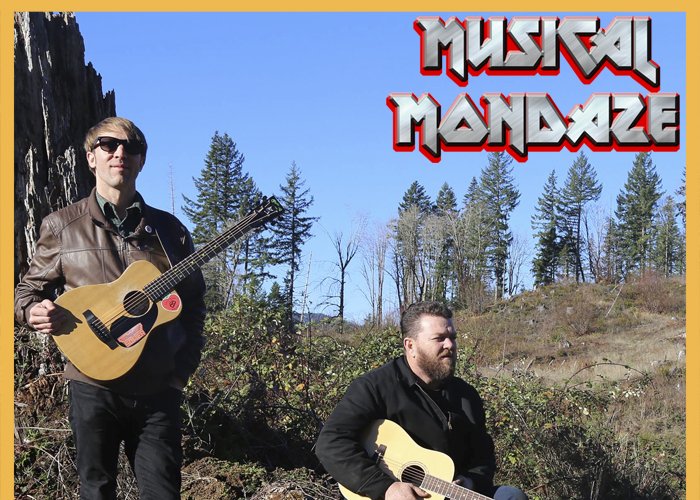
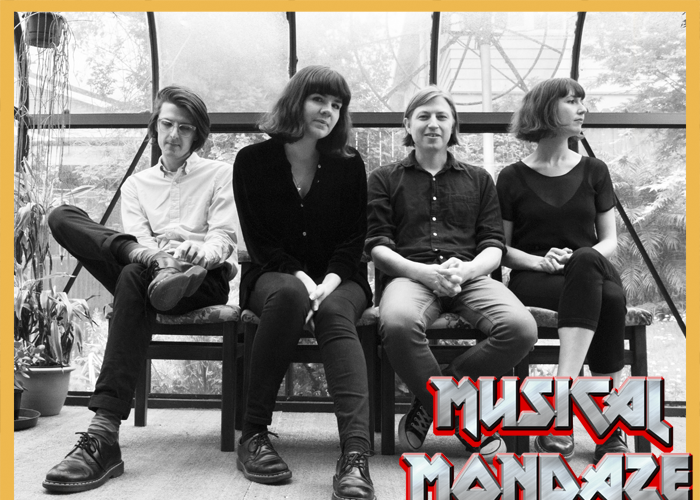
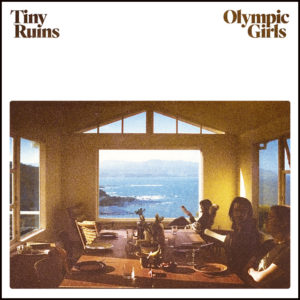
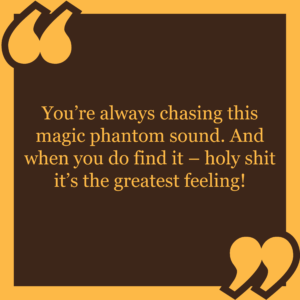 conscious decision. We discussed using broader strokes, more electric guitars, heavier drums – the songs really called out for those things, and I wrote with the full band in mind. But I also wanted to stay true to where we’d come from. I didn’t want it to be a departure into something we’re not. It was about being more ourselves than about a reinvention.
conscious decision. We discussed using broader strokes, more electric guitars, heavier drums – the songs really called out for those things, and I wrote with the full band in mind. But I also wanted to stay true to where we’d come from. I didn’t want it to be a departure into something we’re not. It was about being more ourselves than about a reinvention.
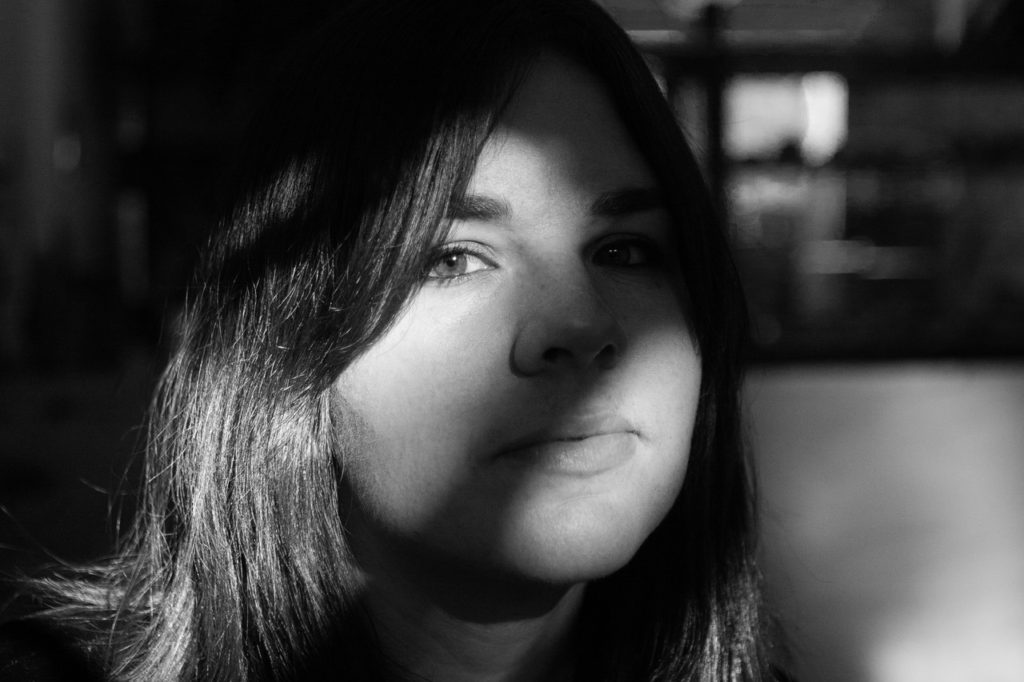
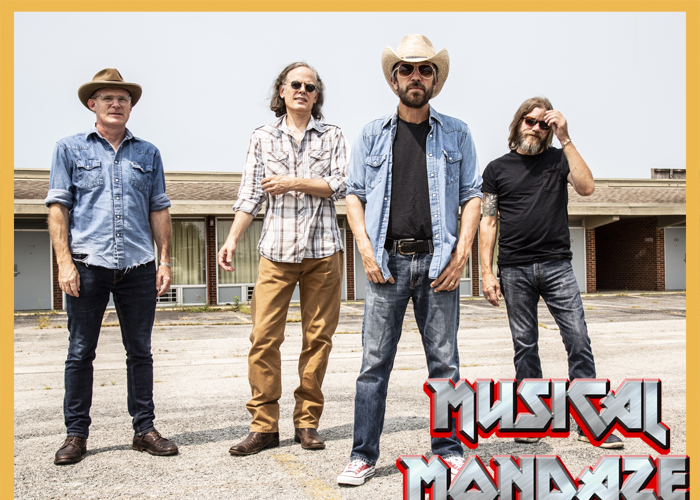

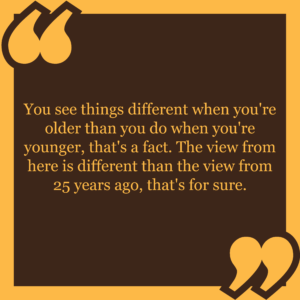 That’s interesting.
That’s interesting.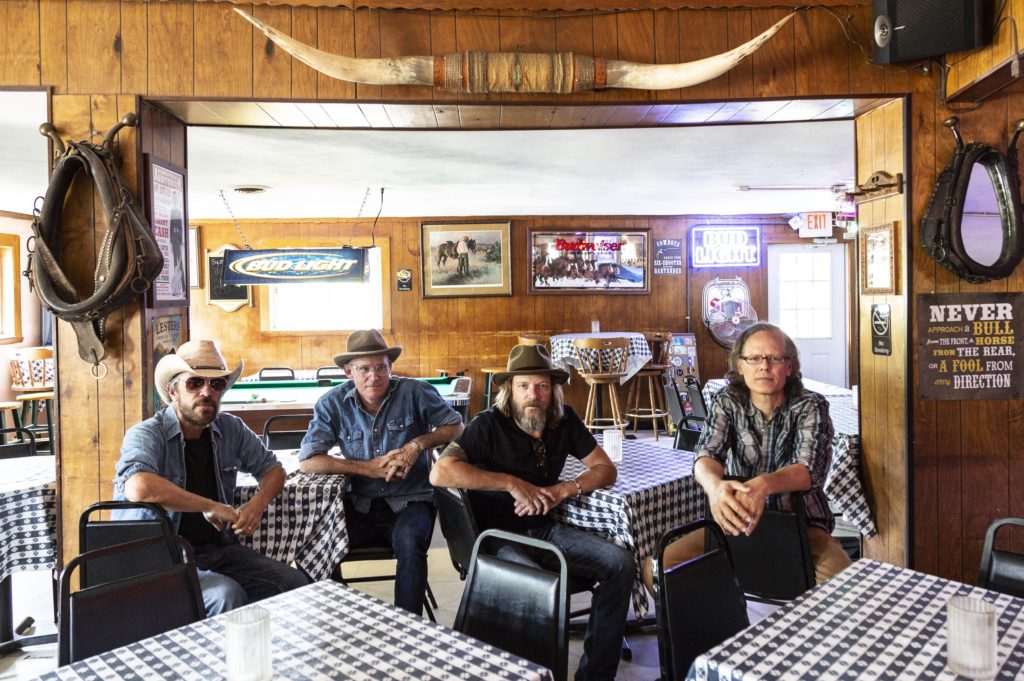
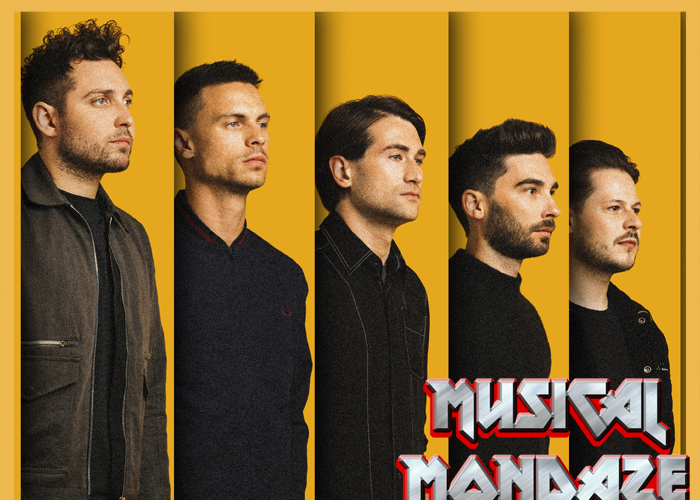

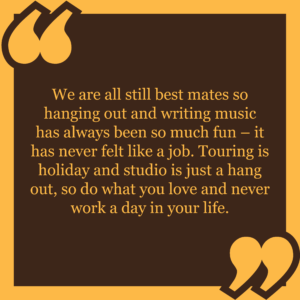 think the genre ‘rock’ never lost its footing, so to speak. Yes, the radio is full of songs that sound the same – (laughter) – but there have and will always be rock fans coming to gigs and loving the scene. Especially in the UK, there are some amazing new rock bands coming up, which is so good to see.
think the genre ‘rock’ never lost its footing, so to speak. Yes, the radio is full of songs that sound the same – (laughter) – but there have and will always be rock fans coming to gigs and loving the scene. Especially in the UK, there are some amazing new rock bands coming up, which is so good to see.


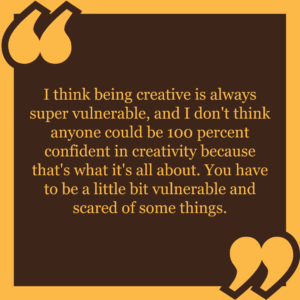 with something cool?” Or, “Does this really fit?” Or, “Is this really me?” You go through a range of emotions when it comes to that stuff because unlike the music, which to me comes a little bit more naturally, I think the visual stuff is definitely not my department so I always find it… I always kind of lean on other people. But I will say that with this record, I had way more to do with the visual aspect of it and I got a lot more hands-on in terms of picking the direction and picking the photos and picking this and that. So I definitely feel pretty proud of this go round and it’s a really good feeling to be like, “Oh, I actually did have some input here, and I don’t feel embarrassed by it.” (Laughter) So that’s good.
with something cool?” Or, “Does this really fit?” Or, “Is this really me?” You go through a range of emotions when it comes to that stuff because unlike the music, which to me comes a little bit more naturally, I think the visual stuff is definitely not my department so I always find it… I always kind of lean on other people. But I will say that with this record, I had way more to do with the visual aspect of it and I got a lot more hands-on in terms of picking the direction and picking the photos and picking this and that. So I definitely feel pretty proud of this go round and it’s a really good feeling to be like, “Oh, I actually did have some input here, and I don’t feel embarrassed by it.” (Laughter) So that’s good.
 I think you learn from watching what your parents do in every way, so I think that I definitely picked up on that. I think that watching my mom be able to sing in front of people is the reason why I thought it was okay and not scary when I was nine years old.
I think you learn from watching what your parents do in every way, so I think that I definitely picked up on that. I think that watching my mom be able to sing in front of people is the reason why I thought it was okay and not scary when I was nine years old.

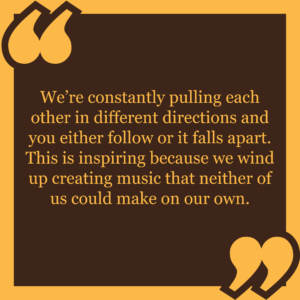 working partners end up coupling together, and in a fit of fiery passion, completely destroy their true calling of creative companionship. What many people consider to be celebrity drama might merely be an artists’ misinterpretation of attraction. We fell into what we thought was love, while continuing to make music together, and through time the intimate relationship died for both of us. In truth, for the past seven years or so, the creation of music has become the only thing that brings us together.
working partners end up coupling together, and in a fit of fiery passion, completely destroy their true calling of creative companionship. What many people consider to be celebrity drama might merely be an artists’ misinterpretation of attraction. We fell into what we thought was love, while continuing to make music together, and through time the intimate relationship died for both of us. In truth, for the past seven years or so, the creation of music has become the only thing that brings us together.
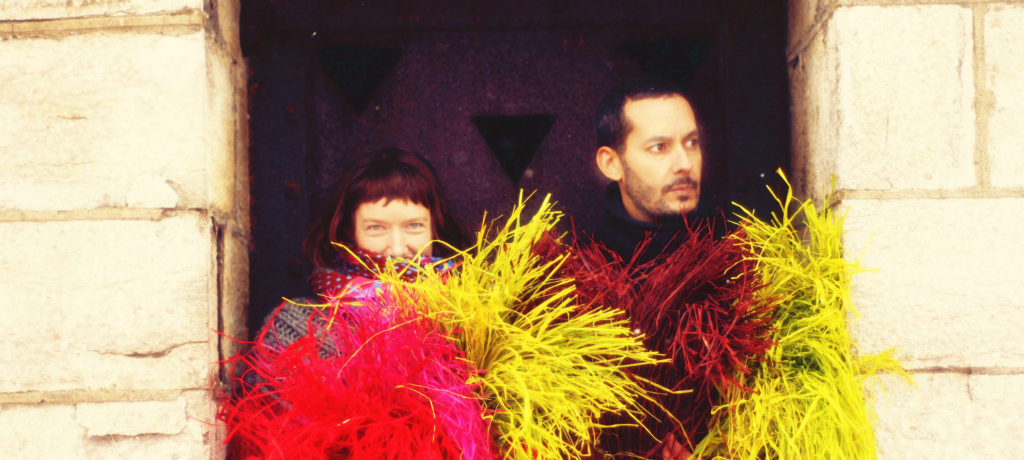



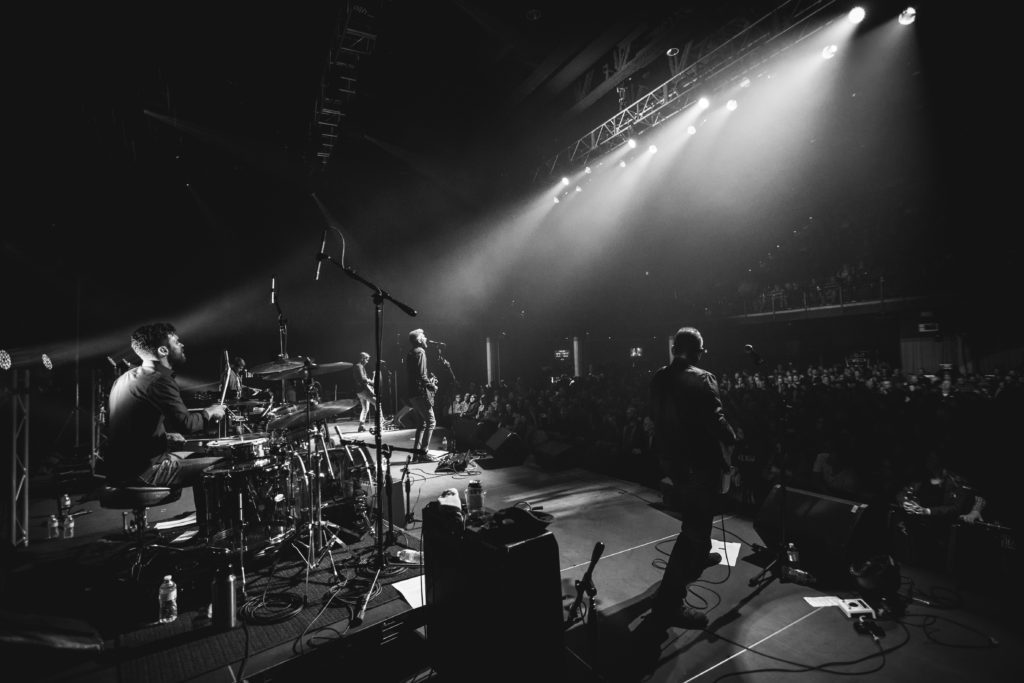

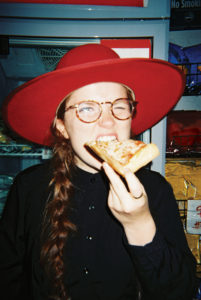
 Flint Eastwood is Jax Anderson. Jax Anderson is Flint Eastwood.
Flint Eastwood is Jax Anderson. Jax Anderson is Flint Eastwood.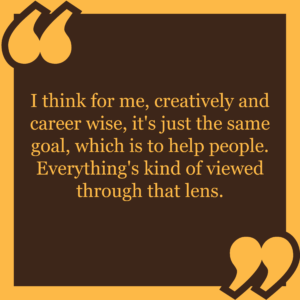

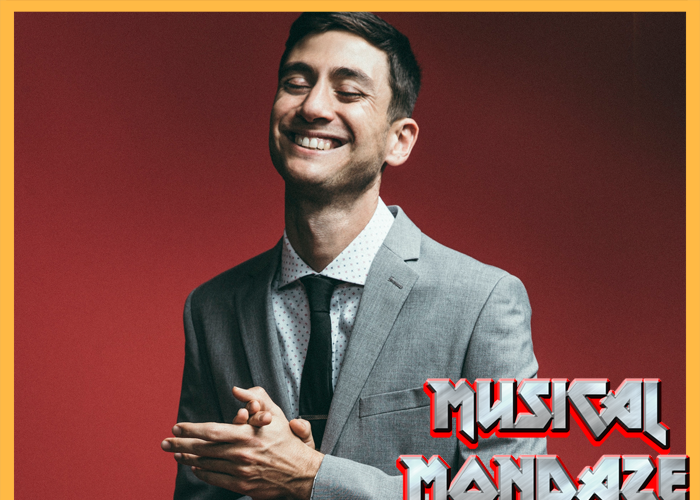
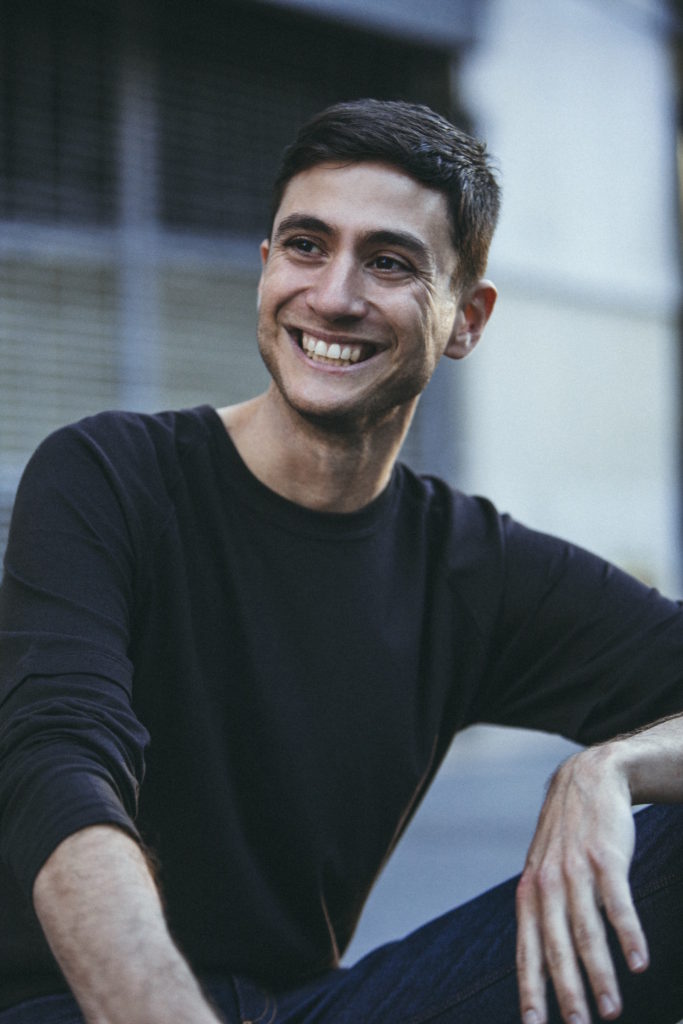
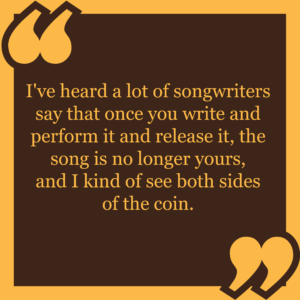
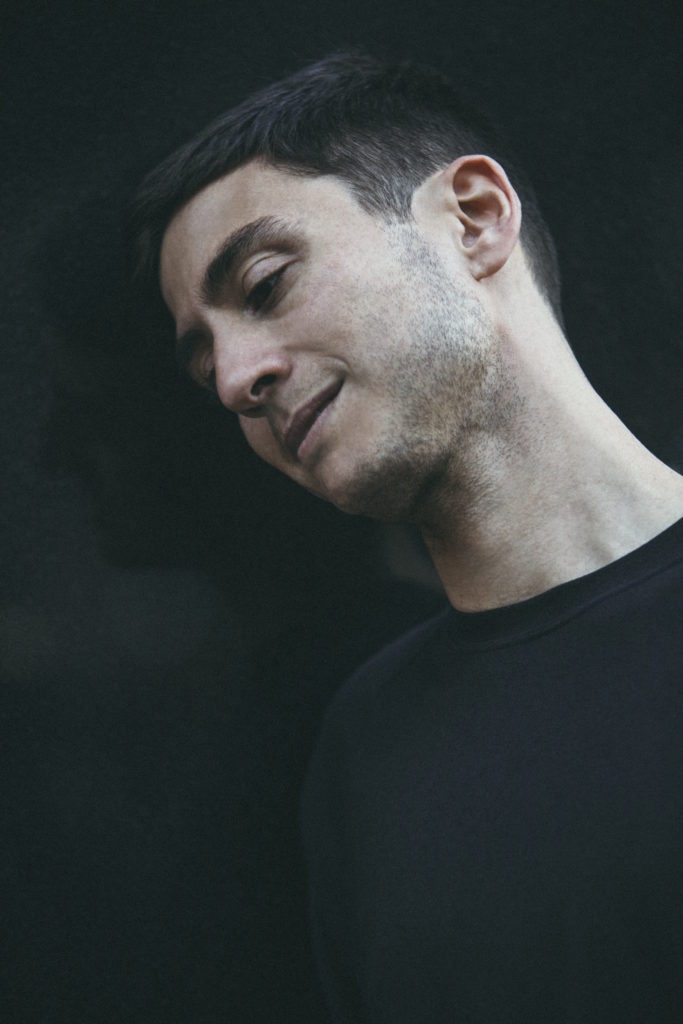
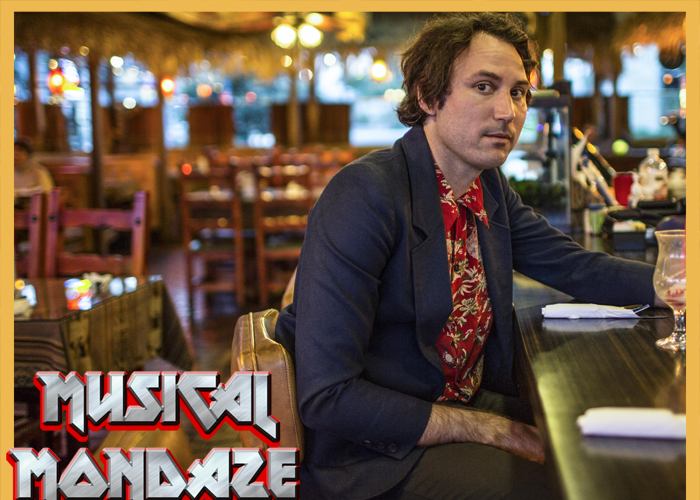

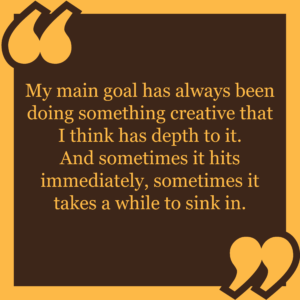 accepted and perceived once out in the world?
accepted and perceived once out in the world?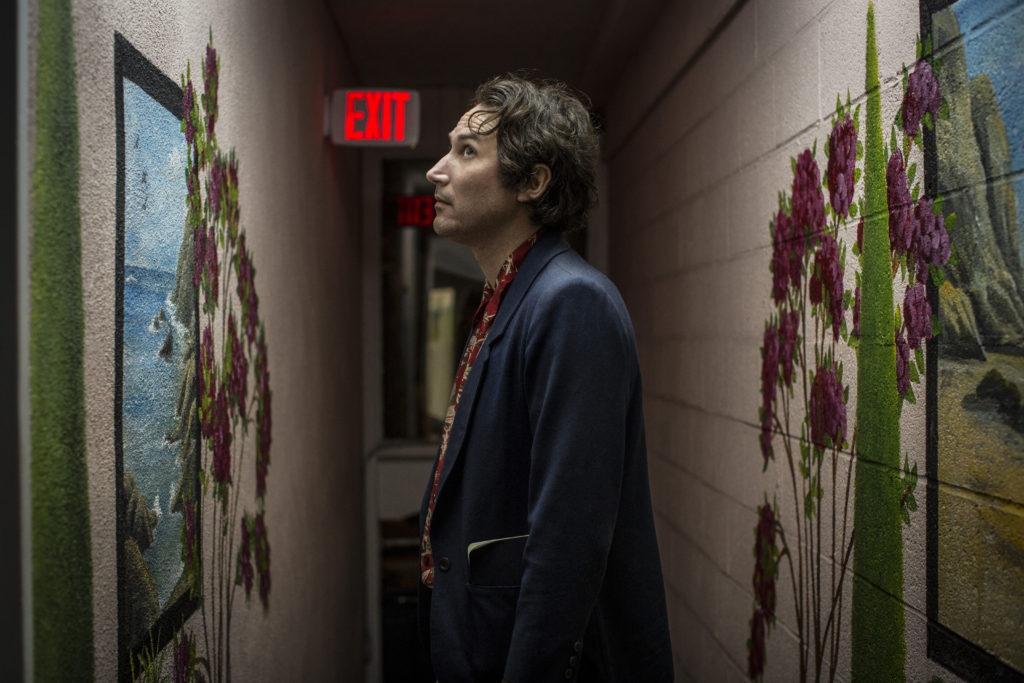
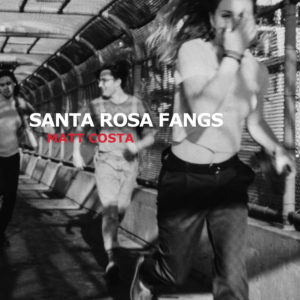 TrunkSpace: Obviously all music is personal, but because the record ties back to your own experiences and family, does it feel more personal?
TrunkSpace: Obviously all music is personal, but because the record ties back to your own experiences and family, does it feel more personal?